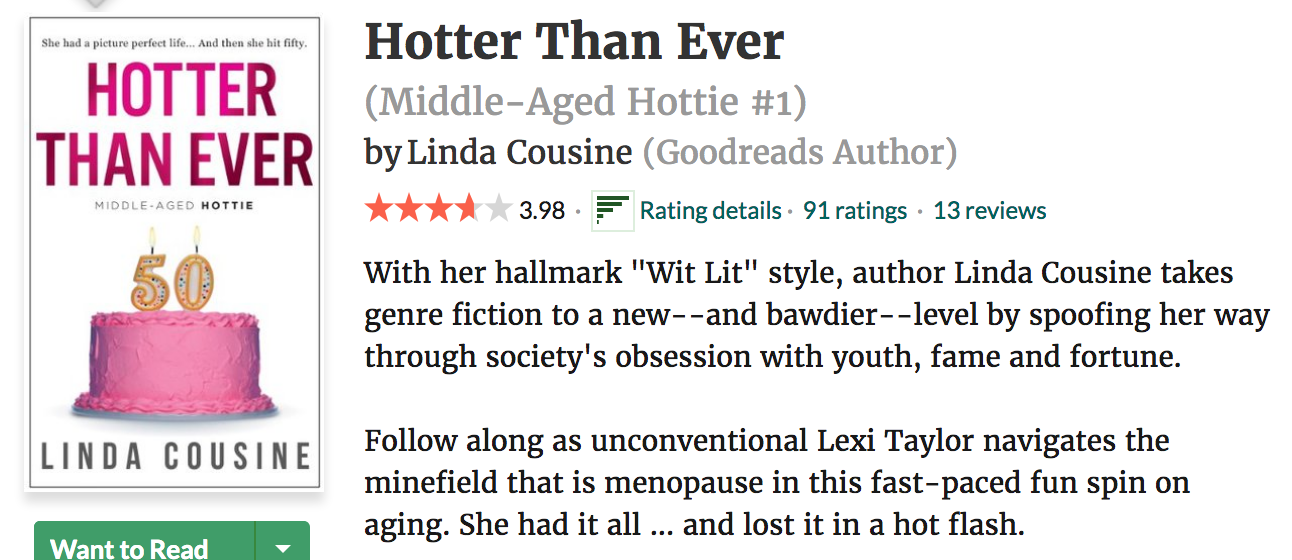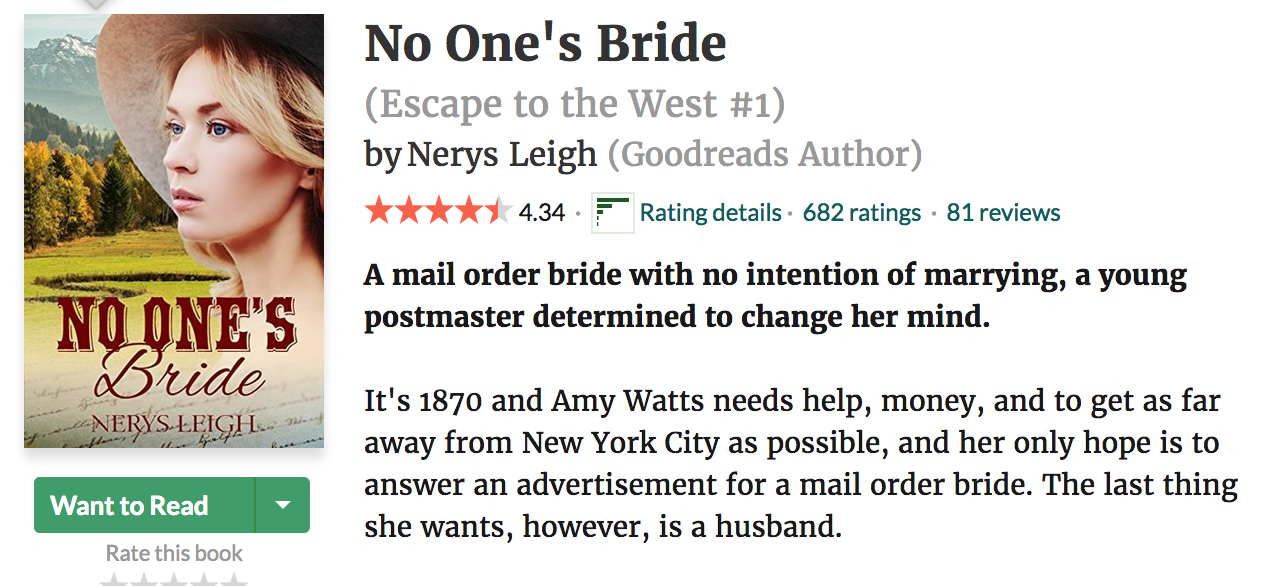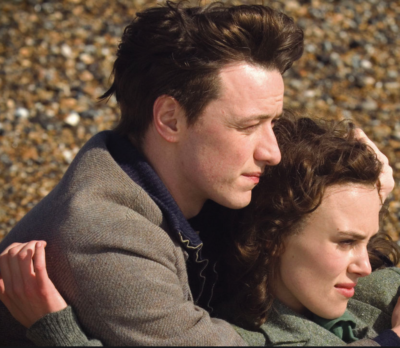Six tips on how the best self-published romance writers make it work.
 1. Niche it up.
1. Niche it up.
The best romance books are those with a niche, that is, they have a definable sub-genre on Amazon. For instance, cowboy meets farm girl, billionaire meets poor girl, jazz singer meets music student, antiques dealer meets woman with an old mansion. You can also try going with a theme, such as clean and wholesome, time travel, cowboys, or even aliens… look at indie author Linda Cousine’s “middle-aged hottie” niche. It’s menopausal romance in her ‘wit lit ‘style!
2. Make your characters strong and unique
William J. Abbott, the man behind Hallmark’s movies, says, “We really work hard to ensure that our women are strong—while they don’t need a man, they’d love to fall in love.” While this applies to movies, it also applies to all romance characters. Making your character weak and desperate, without quirks or a path in life will not win readers. Think about Jo in Little Women, who fights romance for her writing career, or Carrie in Sex and the City, holding down an amazing fashion media career while looking for her dream man. Or the awesome Claire Fraser in the Outlander series by Diana Gabaldon, ass-kicking through time with her extraordinary knowledge of herbalism, and the eccentric but stubborn Augustus Waters, the 17-year-old tragic beau of Hazel in the YA romance, The Fault in our Stars by John Green.
 The best self-published romance takes this and runs with it. Look at No One’s Bride by Nerys West. Her heroine is a brave runaway with a plan. To top it all, there’s a theme of leaving the city to the west, and it’s niched in the Christian romance subgenre.
The best self-published romance takes this and runs with it. Look at No One’s Bride by Nerys West. Her heroine is a brave runaway with a plan. To top it all, there’s a theme of leaving the city to the west, and it’s niched in the Christian romance subgenre.
3. Get to it early on.
The set-up should be brief. State what your character does, introduce a friend or family member to sound off all those love woes and get the two lovers met up already. Backstory, while it might make you feel like you are writing a literary something, is not what this genre is about. Too many scenes of eating or dressing or doing activities with kids just don’t fly well. Just get to the story. It should be all about the ideas of falling in love and dating, and why the characters may have to overcome some things to get there.
 4. Give the couple a dilemma.
4. Give the couple a dilemma.
There has to be a reason why they can’t be together after they have hooked up. Maybe an ex is in town, or a lie stands between them? Maybe a family member or event threatens to end the relationship? Whatever it is, decide on how dramatic it is in accordance with the rest of your plot. For example, sexual abuse, unwanted pregnancy, or sexual diseases aren’t very sexy. It may be better to stick with something lighter about feelings and emotions than to wade in with heavy unsavory problems.
Keep it in line with the rest of the book, which is, after all, escapism and fantasy for the reader, not an ordeal. Remember Cecilia and Robbie in Ian McEwan’s Atonement, separated by WWII and unforgivable sisterly action? Probably the most heart-wrenching situation of them all.
5. Keep it simple.
Looking at what sells at Hallmark or Mills and Boon, for example, is very clear. Stories are repeated in a very linear fashion and don’t have much to them except what readers want. So you need a set-up, an attraction, a dilemma, then a solving of the dilemma. These books use the setting, character job, and season to interchange its stories, and not much else.
6. A strong book cover is everything.
Not that your book cover needs to be particularly good, but it must have a striking cover to compete. It seems the trend is for a figure (often still a bare-chested guy, unfortunately) that represents the general idea of your story. Fonts are strong and have some representation in them of the theme. Take a look at these best sellers and judge for yourself what sells.

Get an Editorial Review | Get Amazon Sales & Reviews | Get Edited | Get Beta Readers | Enter the SPR Book Awards | Other Marketing Services






















This is very useful information when it comes to writing a book about love. If the book is valid, it will discover a crowd of people that is intended to understand it. An author is somebody for whom composing is more troublesome than it is for others.